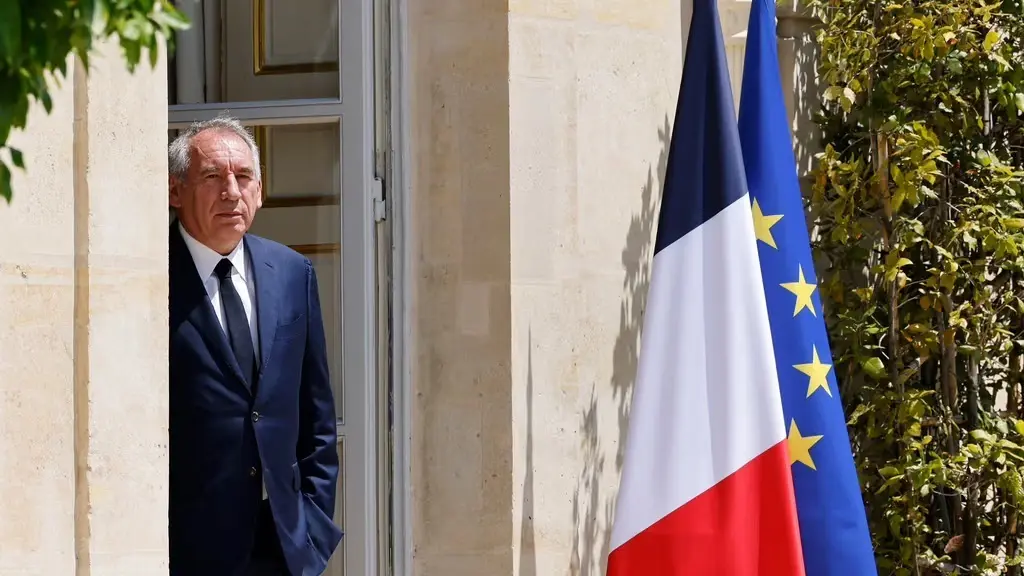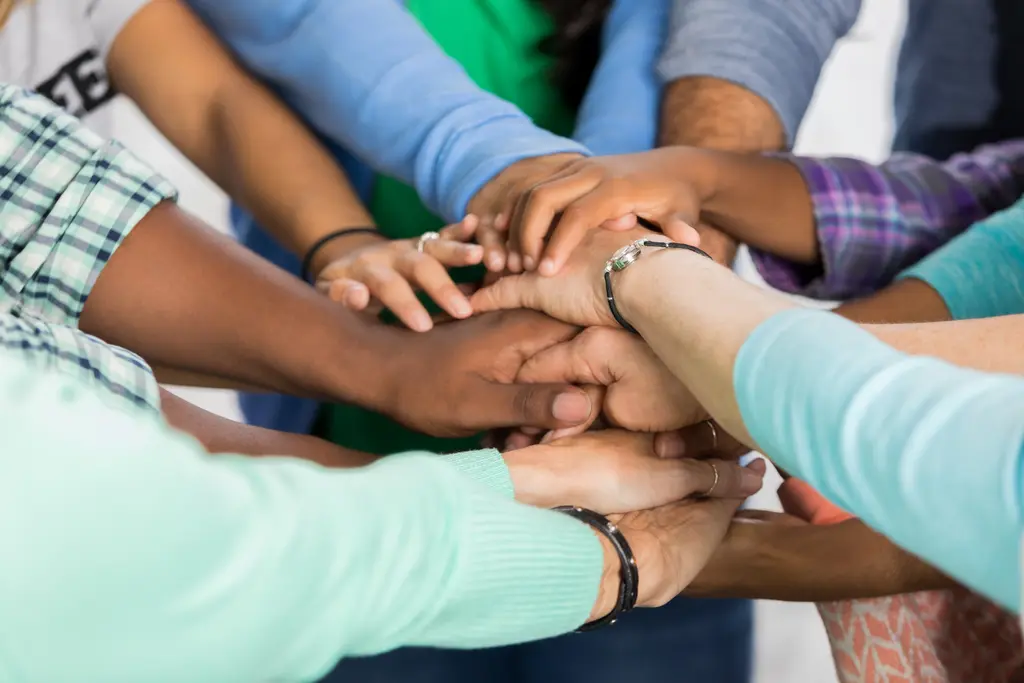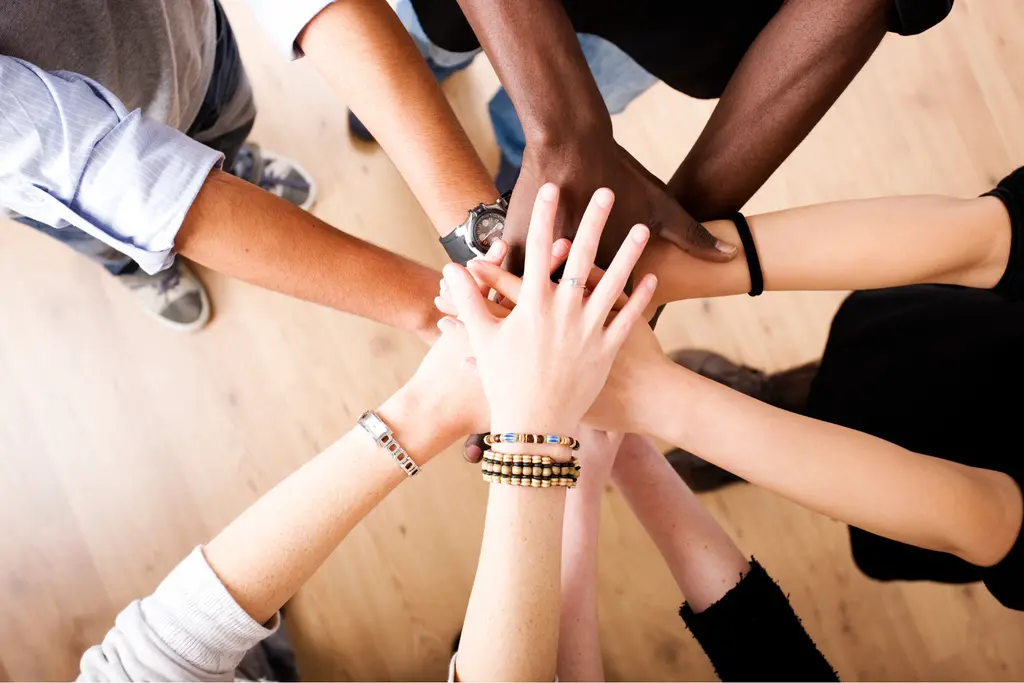Sensitive content
This site contains sensitive content that includes references to sexual violence.
Indicator

The lived experience of survivors—essential for effective policy design—remains marginalized across most G7 nations.
Germany’s statutory National Survivor Council establishes a global benchmark. Canada’s newly formed council shows promise, and French PM François Bayrou’s recent commitment to create a National Survivors Council - a direct result of the advocacy of the Brave Movement in France (1) - represents progress, but these stand as exceptions in a landscape where survivor voices are largely sidelined.
The UK is establishing mechanisms to engage with survivors, with plans underway to create a National Survivors Council. The work is being informed and advised by survivors and allies, based around best practices when it comes to survivor engagement and trauma informed approaches.
The US has not yet established a national survivors council, though there has been positive leadership, particularly from the First Lady, in centering survivors’ perspectives (2) The US has previously established an Advisory Council on Human Trafficking, which comprises 13 survivor leaders (3).
Japan currently lacks a formal national survivor council. However, promising grassroots momentum is building through a coalition of organizations including ChildFund Japan, ECPAT/STOP Japan, Kyofukai, BeBrave Japan, World Vision Japan, and Spring. The coalition is actively advocating for the establishment of both a survivor council and Child Advocacy Centers, and has gained support from key members of the Diet and within the government (4).
Italy has not yet established a national survivor council (5).
Significantly, the Brave Movement successfully pushed for the inclusion of national survivor councils at the first Global Ministerial Conference on Ending Violence Against Children in 2024. The Bogotá Call to Action is a commitment to this as part of broader action to address violence against children.

Support from France’s Prime Minister for the creation of a national survivor council has been welcomed by the Brave Movement as ” An essential step towards ending violence against children in France .” The announcement, made by François Bayrou today at the National Assembly in Paris brings closer the establishment of a body made-up of survivors of abuse, to advise on legislation, policies, and programs aimed at ending it. Brave stands ready to support the creation of a Council which can amplify survivor voices, provide an exchange platform for experts and survivors and serve as an invaluable resource in the development of policies tackling child sexual violence .” Constance Bertrand, French survivor spokesperson of the Saint-Dominique de Neuilly-sur-Seine survivors' group said: “ A National Council would be an initiative that gives victims a voice and a place.

Survivors have firsthand experience and insights into the complexities, challenges, and needs of those who have suffered from childhood sexual violence. Through the creation of National Survivor Councils (NSCs), governments are better equipped to effectively address violence against children, especially childhood sexual violence, while ensuring that survivors play a central role in all such efforts. These councils don’t just give feedback; they help shape the actual policies that impact how we prevent and respond to childhood sexual violence. Having a council of survivors of child sexual violence substantively included in policy-making processes guarantees that the voices, perspectives, and expertise of those directly affected are heard, valued, and integrated into resulting policies and decisions. By actively involving survivors, governments can develop more informed, empathetic, and effective responses to the fight against child sexual violence. The Independent Commissioner for Child Sexual Abuse Issues was established by the German Government in 2010 as a political hub for survivors, practitioners, researchers, and lawmakers working on child protection. The first Survivor Council at the Commissioner’s Office was formed in March 2015 to ensure that survivors' experiences and expertise are heard at the highest political level and engaged in policy-making processes related to childhood sexual violence in the country. In 2025, the Bundestag and the Bundesrat, the two German parliamentary chambers, both passed a law making the Independent Commissioner, the Independent Inquiry and the German Survivor Council statutory, making sexual violence against children and adolescents something that cannot be ignored in the political sphere anymore. For instance, under the current three-party coalition between the Christian Democratic Union (CDU), the Christian Social Union (CSU) and the Social Democratic Party (SPD), the council had input into the continuation of the Child Sexual Abuse Fund (Fonds Sexueller Missbrauch) – a low-threshold support system for survivors of intrafamilial child sexual abuse – along with the Supplementary Aid System (Ergänzende Hilfesystem) – a support system for survivors of institutional child sexual abuse. The Council aims to ensure childhood sexual violence programs and funding address survivors' needs by fostering collaboration between survivors, community organizations, and the government. The G7, which will take place in Canada in June 2025, is uniquely positioned to accelerate the global adoption of National Survivor Councils, setting international standards for survivor-centered approaches to ending childhood sexual violence.
April 24, 2025
|
Child sexual abuse is a silent epidemic that affects millions of children across the globe. 1 in 5 girls and 1 in 7 boys will experience some form of sexual violence before their 18th birthday. Survivors are at significantly higher risk of physical and mental health challenges, with many struggling to survive beyond the age of 50 due to chronic illnesses, depression, or, tragically, suicide.
January 24, 2025
|
This 2025 #BeBrave G7 Scorecard builds on the first iteration of the analysis conducted in 2022, assessing each G7 country on how they are responding to childhood sexual violence at home and around the world.
Previous G7 Communiqués have made bold commitments to ending sexual violence against children. On the G7 forum's 50th anniversary the scorecard, based on a strategic set of policy indicators, assesses whether the G7 has delivered on these.
